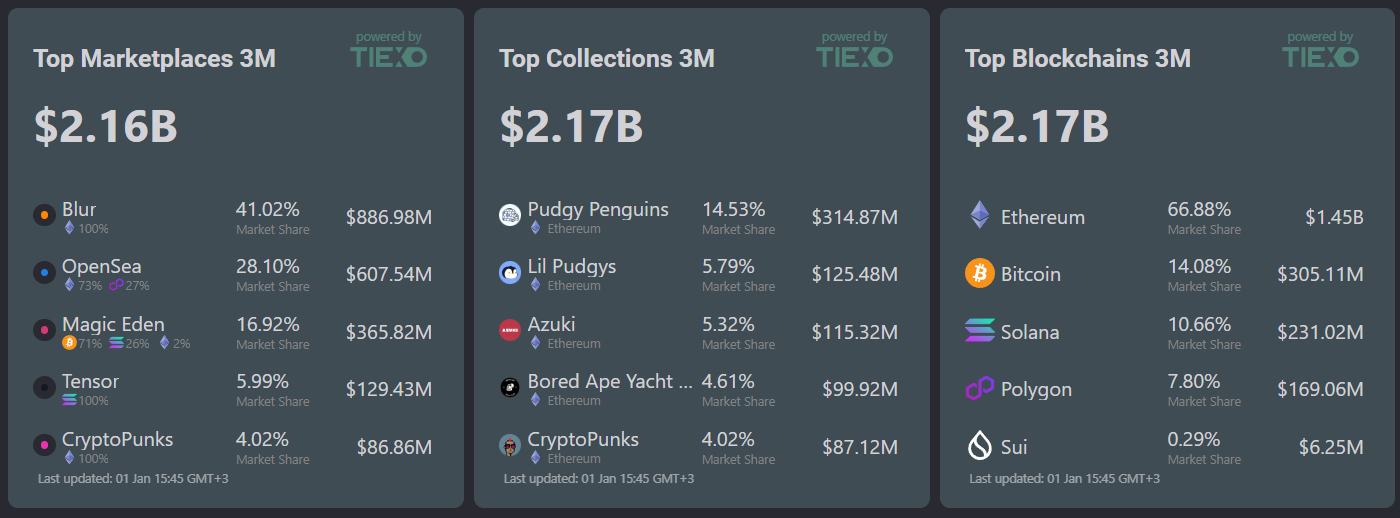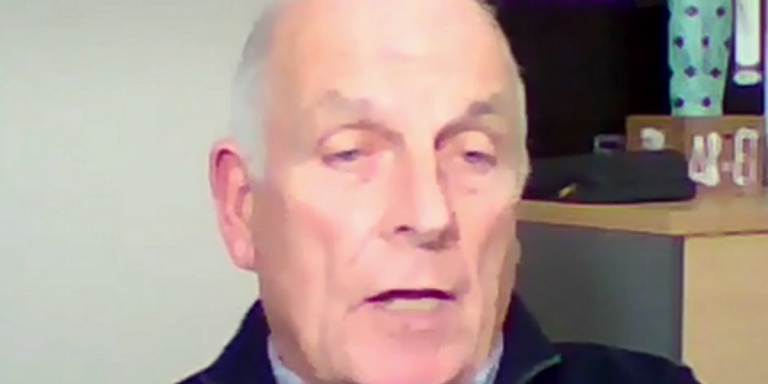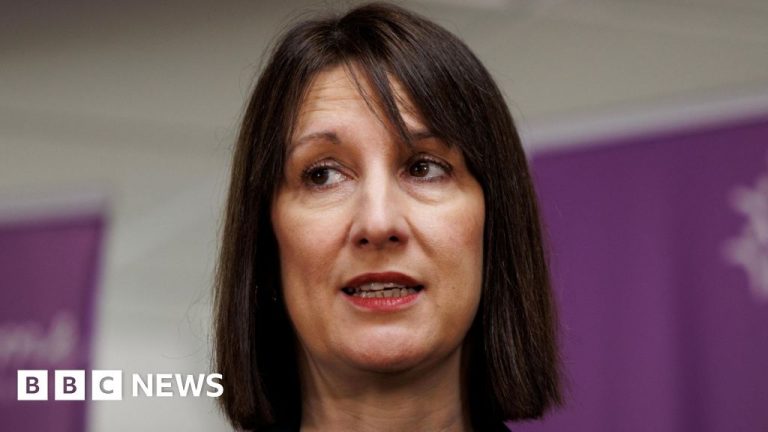Ending the year on a high note, December’s sales of non-fungible tokens climbed to $877 million, making it the second-best month in 2024.
Blockchain-based digital collectibles had a strong December, with $877 million in sales, making it the second-best month of 2024. This boost wrapped up a wild year for the NFT market, which saw a sharp recovery in the last quarter.
CryptoSlam data shows that NFT sales for 2024 finished at $8.83 billion, surpassing 2023 by over $100 million. While the 1.1% growth might not seem huge, it highlights the market’s ability to bounce back after months of falling sales.

December stood out, thanks to Ethereum-based collections like Pudgy Penguins, Azuki, and Bored Ape Yacht Club, data shows. Ethereum NFTs led the month, bringing in $488.4 million of the total sales, according to NFT Price Floor data. Pudgy Penguins took the lead, with over $285 million in trading volume, while other collections like Lil Pudgys and Azuki together added another $222 million.
In a commentary to crypto.news, Nicolás Lallement, co-founder of NFT Price Floor, noted that the NFT market had a “strong Q1 2024 for both Ordinals (Bitcoin) and Solana NFT collections,” adding further that a “repricing of Ethereum-based collections was long overdue.”
“As a trigger for that repricing we have the current ‘token attached to NFTs’ meta. Projects like Pudgy Penguins, Doodles, and Azuki have either launched or announced plans for meme/L2 gov tokens, which have driven significant interest and repricing in blue-chip NFTs.”
Nicolás Lallement
Lallement points out that the repricing “isn’t solely driven by airdrops” as many NFT holders “have shifted profits from speculative memecoin trades into long-term conviction plays, favoring quality collections.” He says the trend has been “particularly noticeable on Ethereum, given the fact that it’s home to the most consolidated set of blue chip collections.”
“Looking ahead to 2025, I anticipate a trickle-down effect that will benefit the entire NFT ecosystem. It will likely start with collections tied to airdrops, then extend to Ethereum-based blue-chip PFP collections, generative art (such as Art Blocks), and eventually include Solana and Bitcoin.”
Nicolás Lallement
The NFT market really bounced back in Q4. After a tough Q3, with only $1.12 billion in sales, it shot up by 96%, reaching $2.2 billion in Q4. November’s $562 million in sales helped set things up for December’s near-billion-dollar showing.
Industry experts credit the rally to increasing confidence in the crypto market. For instance, DappRadar researchers noted that the rise in token prices probably fueled optimism, drawing new buyers into the space. DappRadar’s blockchain analyst Sara Gherghelas believes that the divergence “can be attributed to renewed trading activity in high-value collections, such as those from Yuga Labs, coupled with rising token prices.”
“Improved liquidity and increased engagement with blue-chip collections are fostering confidence among collectors and investors, who are now viewing NFTs not only as speculative assets but also as cultural commodities,” Sara Gherghelas wrote in a report.
Still far from its peak
Despite the year-end rally, 2024’s total NFT sales remain far below the market’s peak years. In 2021, NFTs generated $15.7 billion in sales, nearly double this year’s figures. The following year was even more impressive, with $23.7 billion in sales.
Lallement believes that that NFTs hold a “unique position” as both high-risk speculative assets and status symbols. He explained that, historically, during the later stages of a bull market, participants who have seen their wealth grow tend to shift their focus from speculative investments to status assets like digital art and collectibles.
“This behavior stems from a desire to flex wealth and gain peer recognition within their communities. For NFTs to return to their 2021–2022 highs, we’ll likely need BTC to reach a significant price level (e.g., $150K) and ETH establish a new all-time high (several multiples over previous one, maybe circa $10k).”
Nicolás Lallement
Once these milestones are met, Lallement anticipates a “rotation of capital from fungible tokens to select NFTs.” He believes that as market participants start reallocating their gains into high-value collections, it could drive another wave of inflated valuations. “Strong token performance can rejuvenate investor confidence, create a wealth effect, and reignite the speculative and cultural appeal of NFTs as both investments and status artifacts,” he concluded, adding that this dynamic will likely continue, reinforcing the NFT market’s boom-and-bust nature alongside broader crypto trends.

Blur and OpenSea were the top marketplaces in Q4, making up almost 70% of all NFT sales, according to data from NFT analytics platform Tiexo. Blur turned out to be the leader with over $885 million in sales for the quarter, while OpenSea followed with $607 million. Magic Eden, which focuses on Solana NFTs, recorded $365 million in sales.
The variety in marketplace activity shows that the NFT ecosystem is still maturing. As a result, no one platform or blockchain fully dominating. Though Ethereum is still the leader in all-time NFT sales, Solana and Bitcoin are gradually gaining the share.
The December rally leaves us wondering what’s next for NFTs. Will the momentum continue into 2025, or will it die down? We’ll likely find out soon, as analysts predict Bitcoin’s rally will peak in mid-2025, which could impact the NFT market too.
















+ There are no comments
Add yours